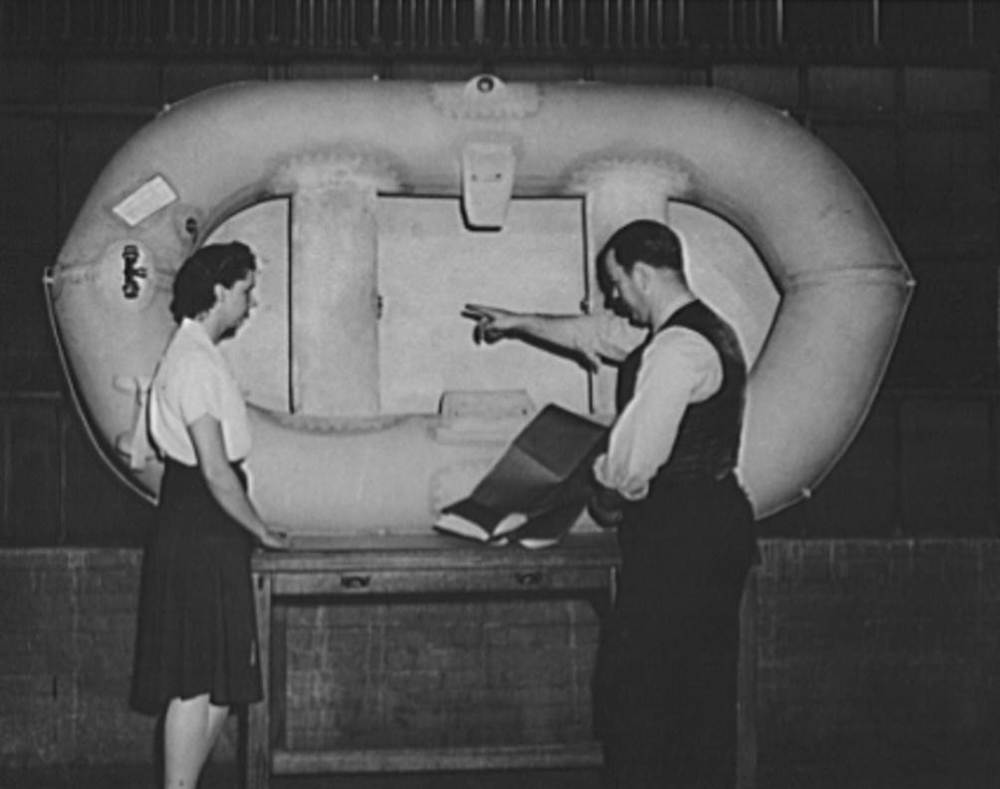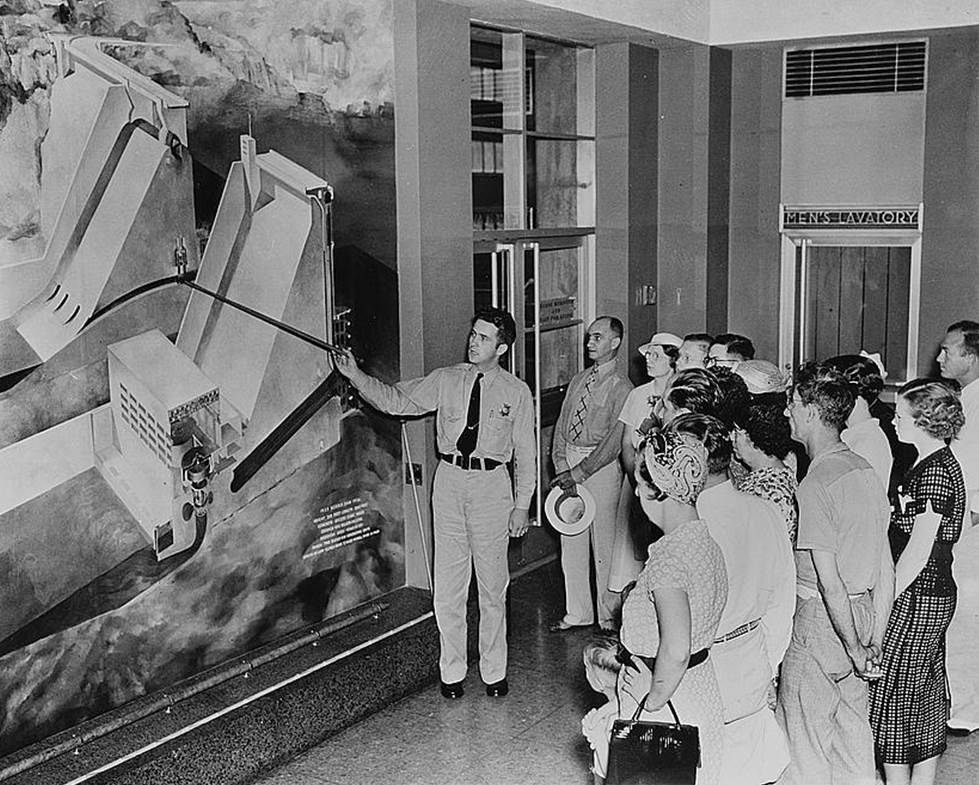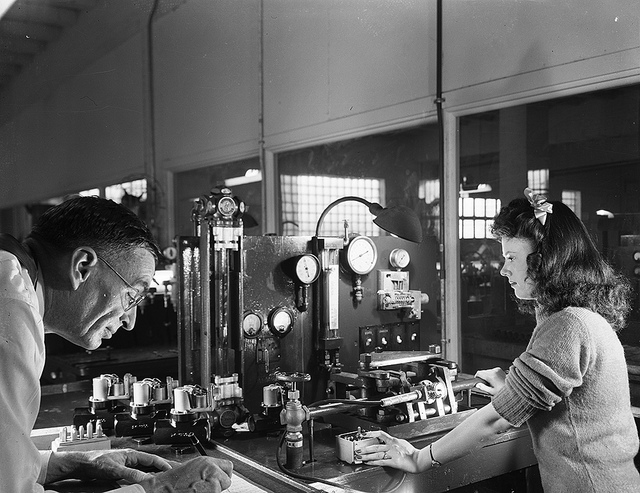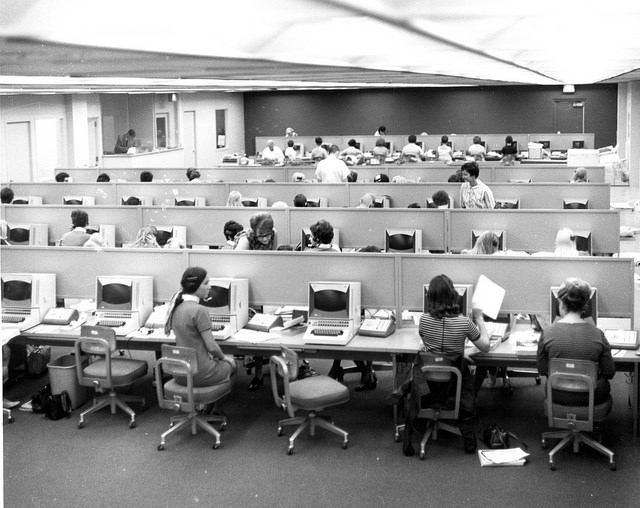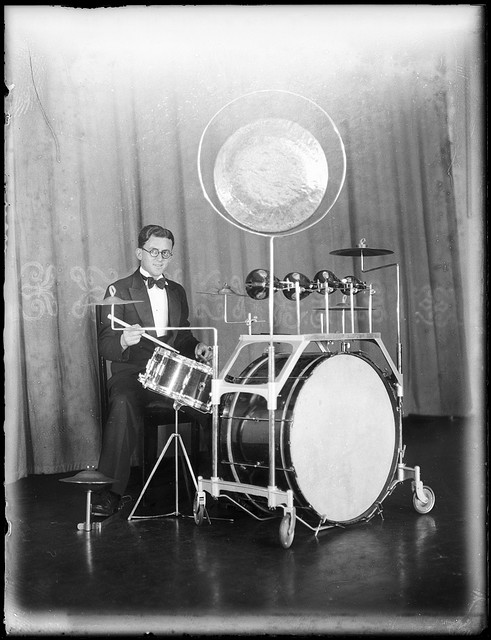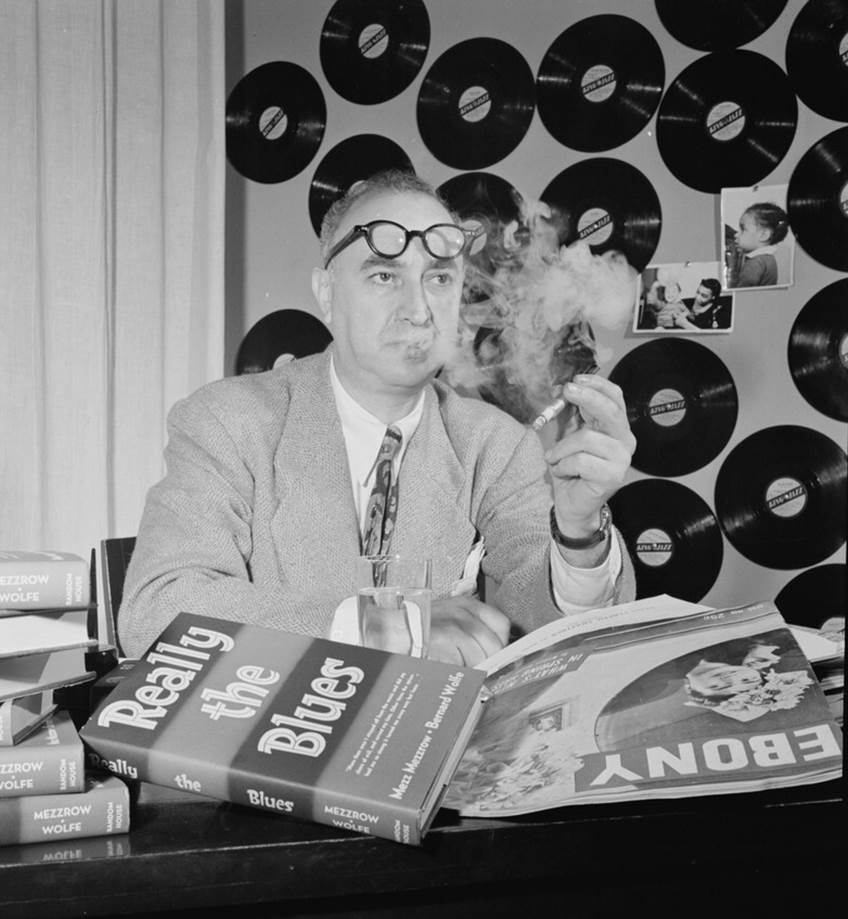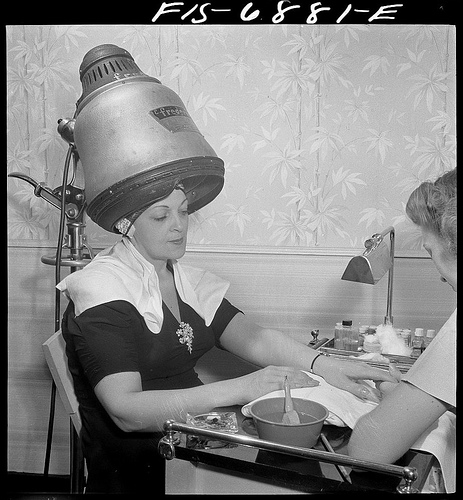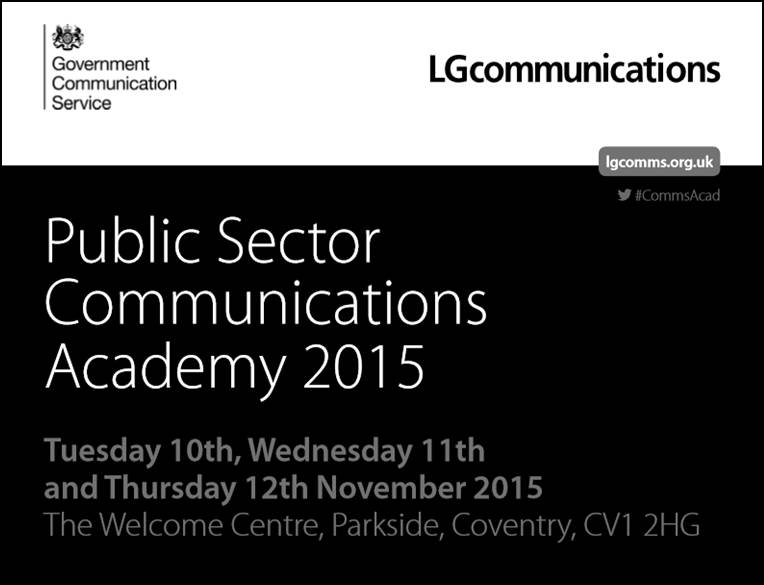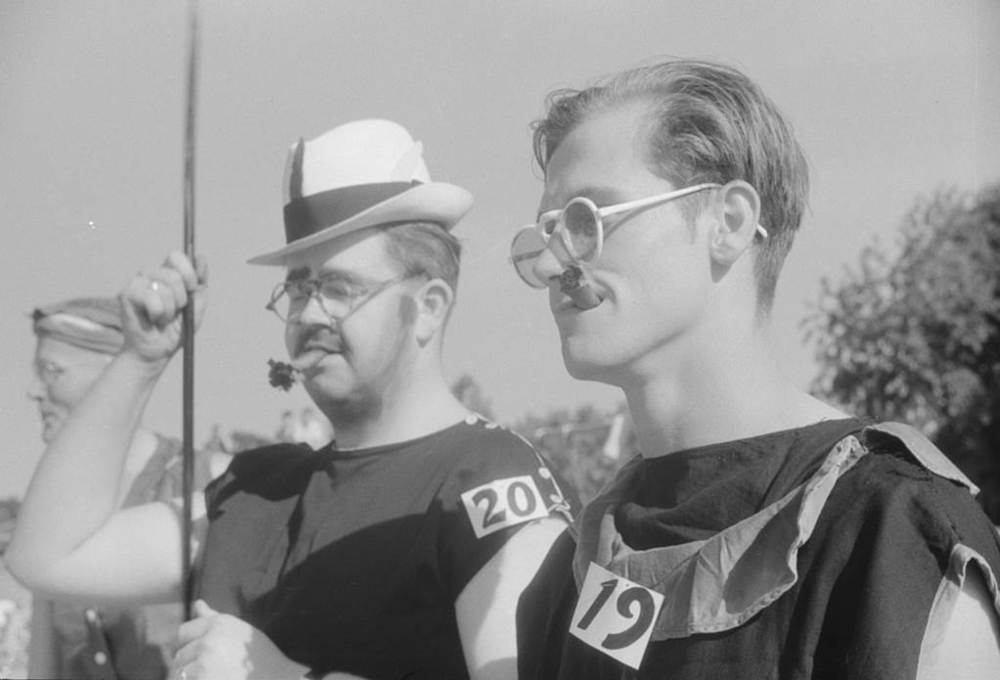 There was real celebratory feel about the UnAwards15, which we’re pretty pleased about because that’s exactly what we hoped to achieve.
There was real celebratory feel about the UnAwards15, which we’re pretty pleased about because that’s exactly what we hoped to achieve.
The UnAwards15 saw 140 colleagues from across the industry descend on the very cool Everyman Cinema in Birmingham last Thursday. The mood was one of big event excitement - Christmas party meets trip to a posh cinema mixed with lashing of great communicators celebrating one another’s work.
Holding the UnAwards at Christmas is deliberate too – we wanted to add a little festive sparkle to the proceedings.
We’re a tad biased but we felt the whole day was a little bit special.
Sitting watching the fabulous Planes, Trains and Automobiles with what felt like a great big group of pals was pretty amazing. The film had a whole bunch of relevant messages and takeaways (and if you have ever watched the movie remember – ‘never assume you are cuddling a pillow’)



